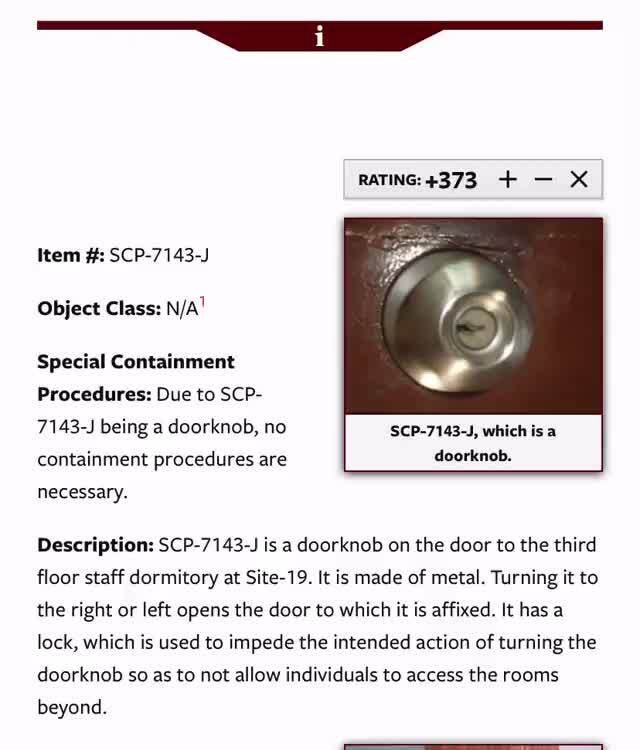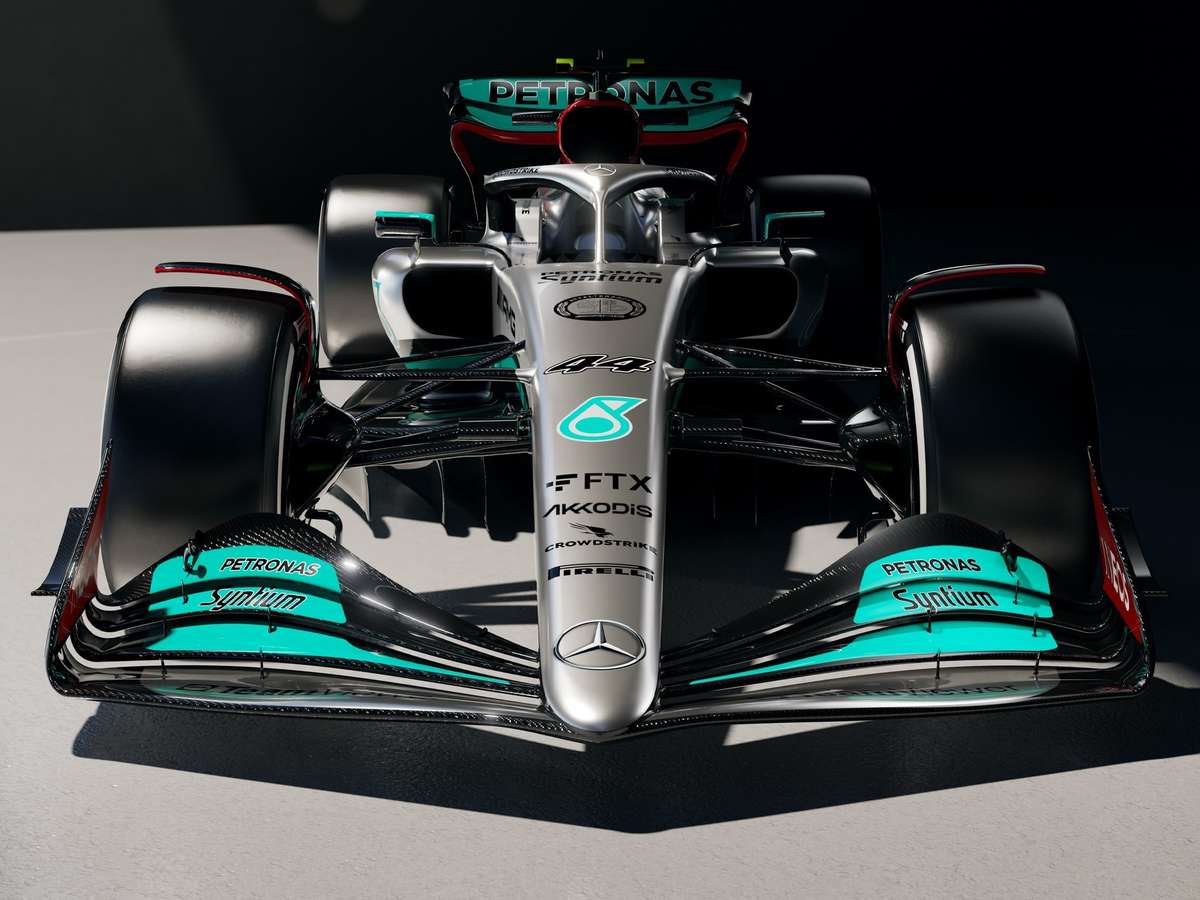A Phylogenetic Analysis of Ant Morphology (Hymenoptera: Formicidae) with Special Reference to the Poneromorph Subfamilies
Por um escritor misterioso
Descrição
Efforts to reconstruct the phylogenetic history of ants (Hymenoptera: Formicidae) have been boosted in the last few years by accumulation of comprehensive molecular data sets exploring multiple loci on a wide range of taxa within the family. In contrast, the wealth of morphological information for the group remains scattered across the literature comprising more than a century's worth of taxonomic and anatomical research with little standardization. The present study addresses this problem by providing a synthesis of the external skeletal morphology of ants with special emphasis on the poneromorph subfamilies (Amblyoponinae, Ectatomminae, Heteroponerinae, Paraponerinae, Ponerinae, and Proceratiinae). Particular attention was devoted to documenting and standardizing morphological characters for phylogenetic inference. The morphological analysis was undertaken by constructing a digital atlas of 28 standard views containing 5250 scanning electron micrographs documenting worker ant morphology from which detailed anatomical comparison could be accurately performed. The final matrix describes 139 characters (60% of which are completely new or coded cladistically here for the first time) for 105 terminals representing ∼90% of extant poneromorph genera plus all other extant formicid subfamilies, with the exception of the rare Martilinae, and nonformicid outgroups. This matrix was analyzed with parsimony under both equal weights and implied weights (i.e., where characters are downweighted as a function of their homoplasy). The poneromorph subfamilies form a paraphyletic assemblage with the dorylomorphs, leptanillomorphs, and myrmicomorphs nested inside. All the above subfamilies are in turn reconstructed as nested within a paraphyletic group comprising the formicomophs myrmeciomorphs. These results are in concordance with traditional precladistic views of the subfamily relationships but are markedly different from current estimates based on molecular data.

Specialized Predation Drives Aberrant Morphological Integration and Diversity in the Earliest Ants - ScienceDirect
Systematics and diversity of Neotropical ants/ Sistemática y diversidad de las hormigas neotropicales. - Document - Gale Academic OneFile

Igaponera curiosa Troya & Marcineiro & Lattke & Longino 2022 - Plazi TreatmentBank
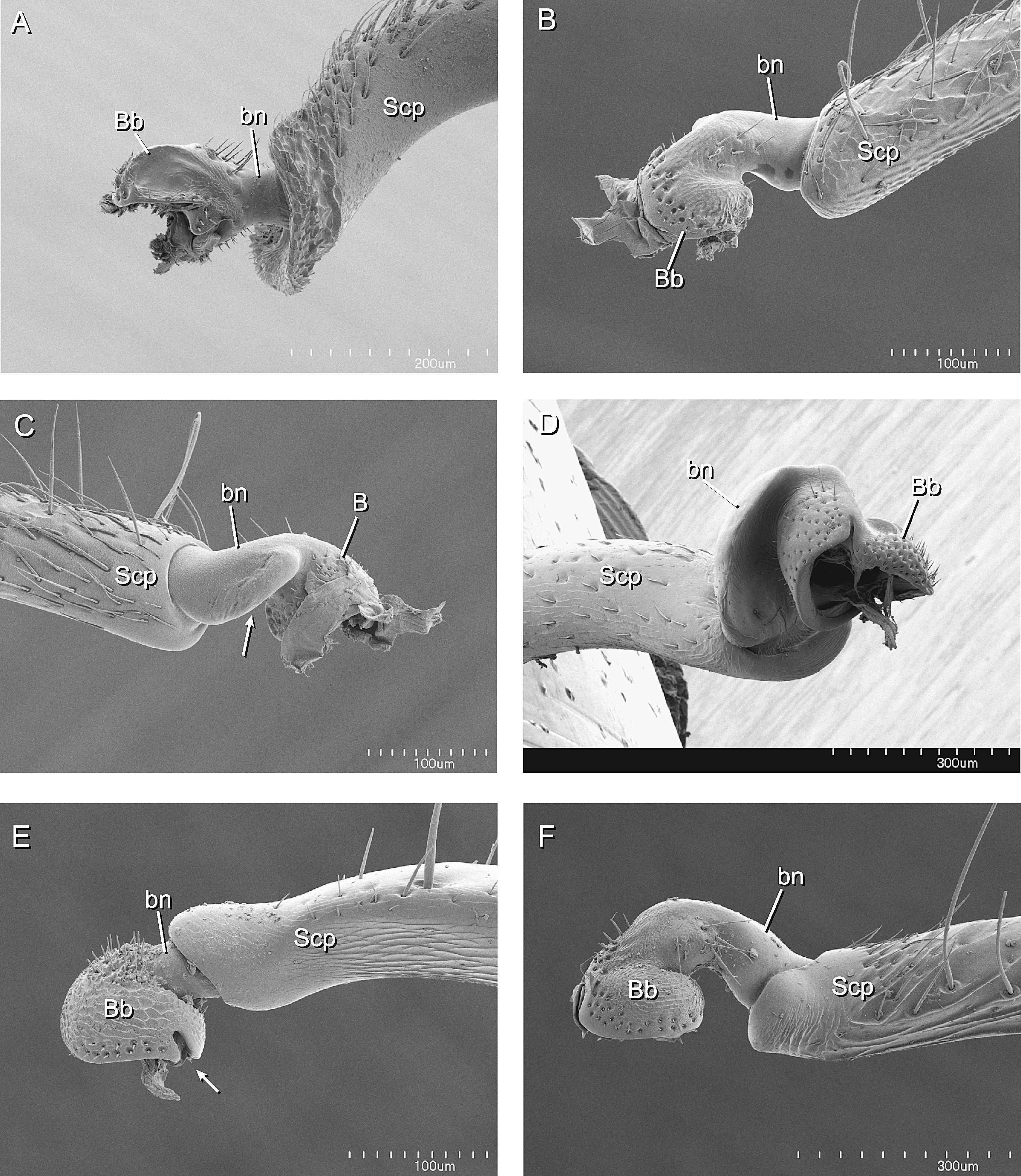
A Phylogenetic Analysis of Ant Morphology (Hymenoptera: Formicidae) with Special Reference to the Poneromorph Subfamilies

Agroecomyrmecinae - Wikipedia

Diversity of Species and Behavior of Hymenopteran Parasitoids of Ants: A Review
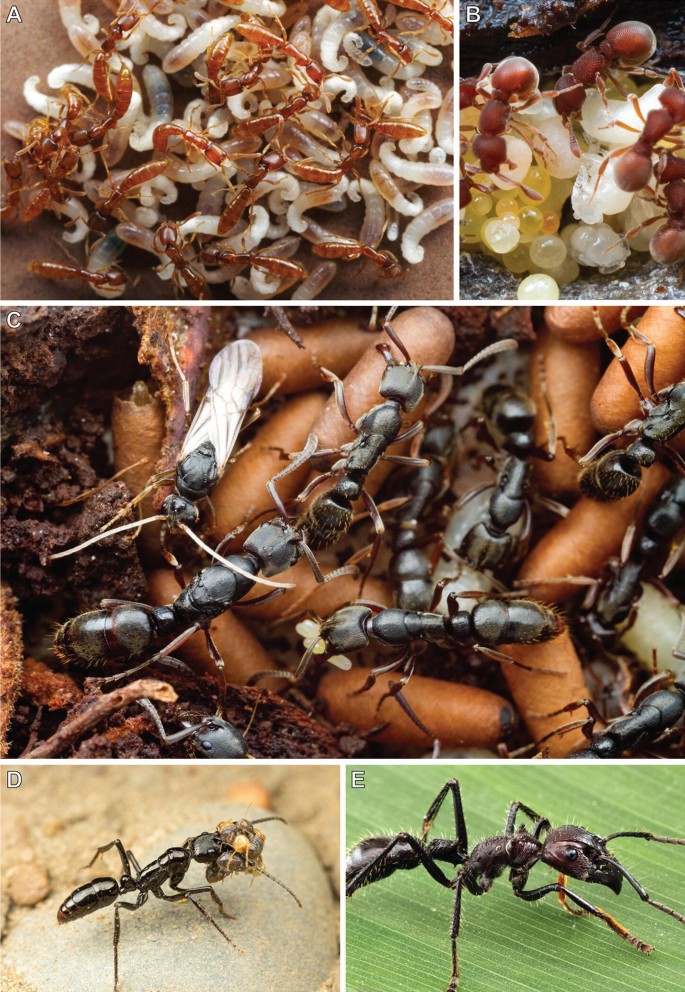
Poneroid Ants

First record of the myrmicine ant genus Syllophopsis Santschi, 1915 ( Hymenoptera: Formicidae) from India with description of a new species

Neoponera Emery, 1901 (Hymenoptera: Formicidae) revisited: 1. The N. laevigata species-group in: Insect Systematics & Evolution Volume 54 Issue 1 (2023)

Evolution of thorax architecture in ant castes highlights trade-off between flight and ground behaviors
Next-generation morphological character discovery and evaluation: an X-ray micro-CT enhanced revision of the ant genus Zasphinctus Wheeler (Hymenoptera, Formicidae, Dorylinae) in the Afrotropics
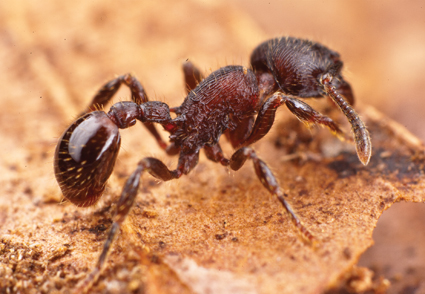
Taxonomic revision of the Neotropical ant genus Hylomyrma Forel, 1912 ( Hymenoptera: Formicidae: Myrmicinae), with the description of fourteen new species

Phylogenetic tree for the subfamilies of Formicidae after Taylor (1978).
de
por adulto (o preço varia de acordo com o tamanho do grupo)
